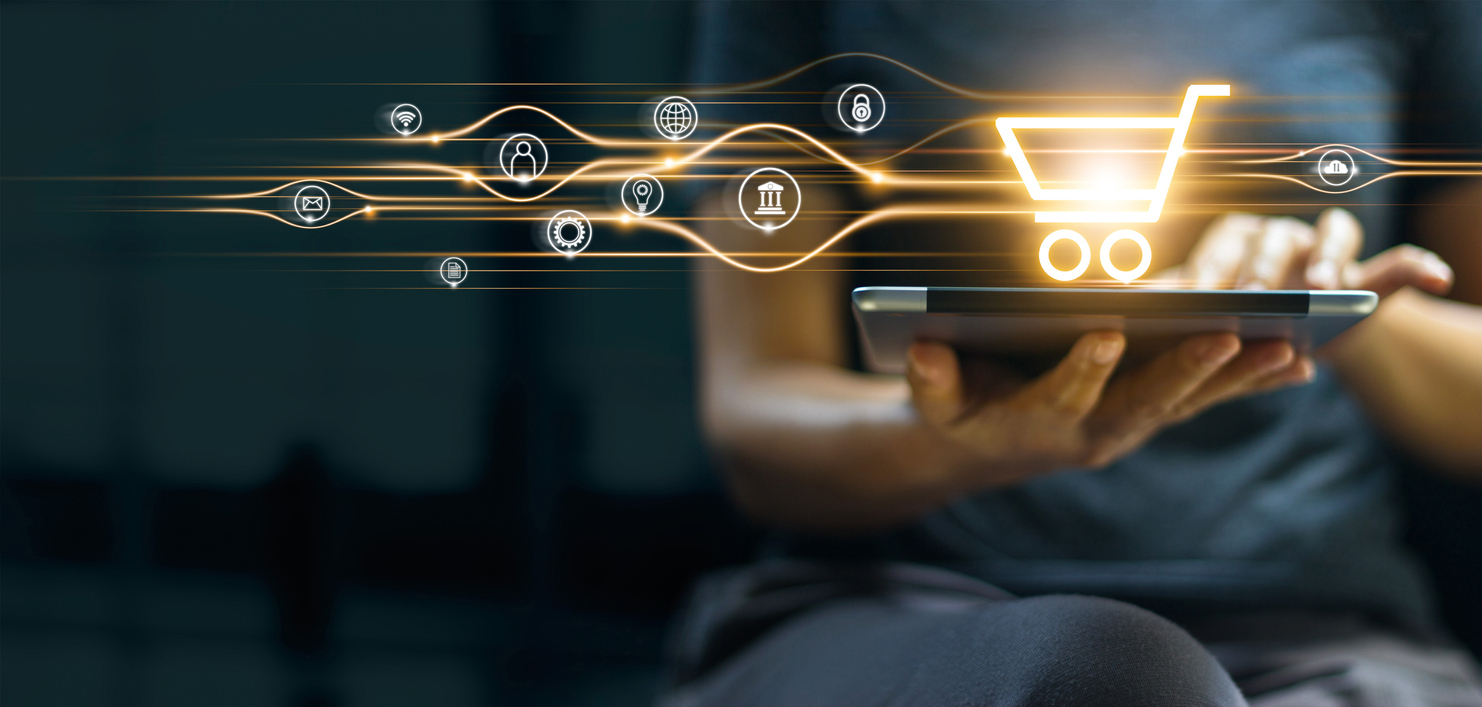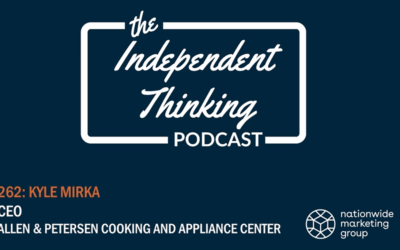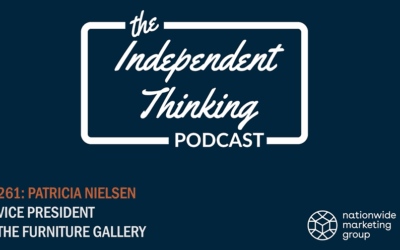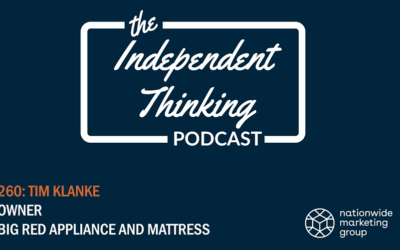More than a year and a half after the pandemic started, we are closing the chapter on how customers react during a crisis and are now looking to how it has created permanent change. There is no denying that the pandemic changed the way Boomers, Millennials, and Gen Z shop.
Online stores and e-commerce solutions are going to continue to drive successful businesses well into the future. March 2020 saw 20% of Americans using a buy online, pick up in store service and that number has continued to grow to 24% a year later. Consumers research the possibilities, find what they want, buy it site unseen, and come to pick it up/have it shipped. In addition to store pick up, a recent EY survey found that 38% of consumers intend to do more shopping online and only visit stores that provide great experiences.
This means that one of the first impressions a customer is likely to have of your company is either your digital ads or your website. Understanding that reality should drive home just how crucial it is to have a website and consumer experience that leverages technology to provide a smooth and easy customer journey.
Harvard Business Review suggests using the four Cs to help make better marketing decisions, create more relevance with consumers, and build stronger human connections with your brand. Those four Cs are:
- Create engaging marketing content that focuses on gaining new customers and rewarding repeat customers.
- Have an excellent in-store and online customer experience.
- Create value through being an expert in your community. Example: Hosting a Facebook live event on repairing or replacing parts.
- Offer consumers coupons or benefits from a loyalty program.
Retailers also need to consider who they’re marketing too, though. And in this post-pandemic world there are certainly more ways to identify different segments of consumers beyond basic demo- and geographic qualifiers. Consider these five consumer identities that the EY Future Consumer Index recognizes:
- Affordability first (32% of consumers): Living within their means and budget, focusing less on brands and more on product functionality.
- Health first (25%): Protecting their health and that of their family, choosing products they trust to be safe and minimizing risks in the way that they shop.
- Planet first (16%): Trying to minimize their impact on environment and buying brands that reflect their beliefs.
- Society first (15%): Working together for the greater good, buying from organizations they find to be honest and transparent.
- Experience first (12%): Living in the moment to make the most of life, often making them open to new products, brands, and experiences.
Consumers are becoming more focused on buying from companies that share similar values. This is a change in the retail business that is sticking around and has caused discomfort as we shift our perspective.
So, ask yourself: Do I have a website that is easy for consumers to use? How can I make my customer journey seamless between online and instore? Does my online and in-store product assortment match? How do I maintain the experience all the way to consumer’s doorsteps? These are only some of the questions we must ask ourselves as we try to create a customer journey that provides multiple touchpoints and value along the way.




